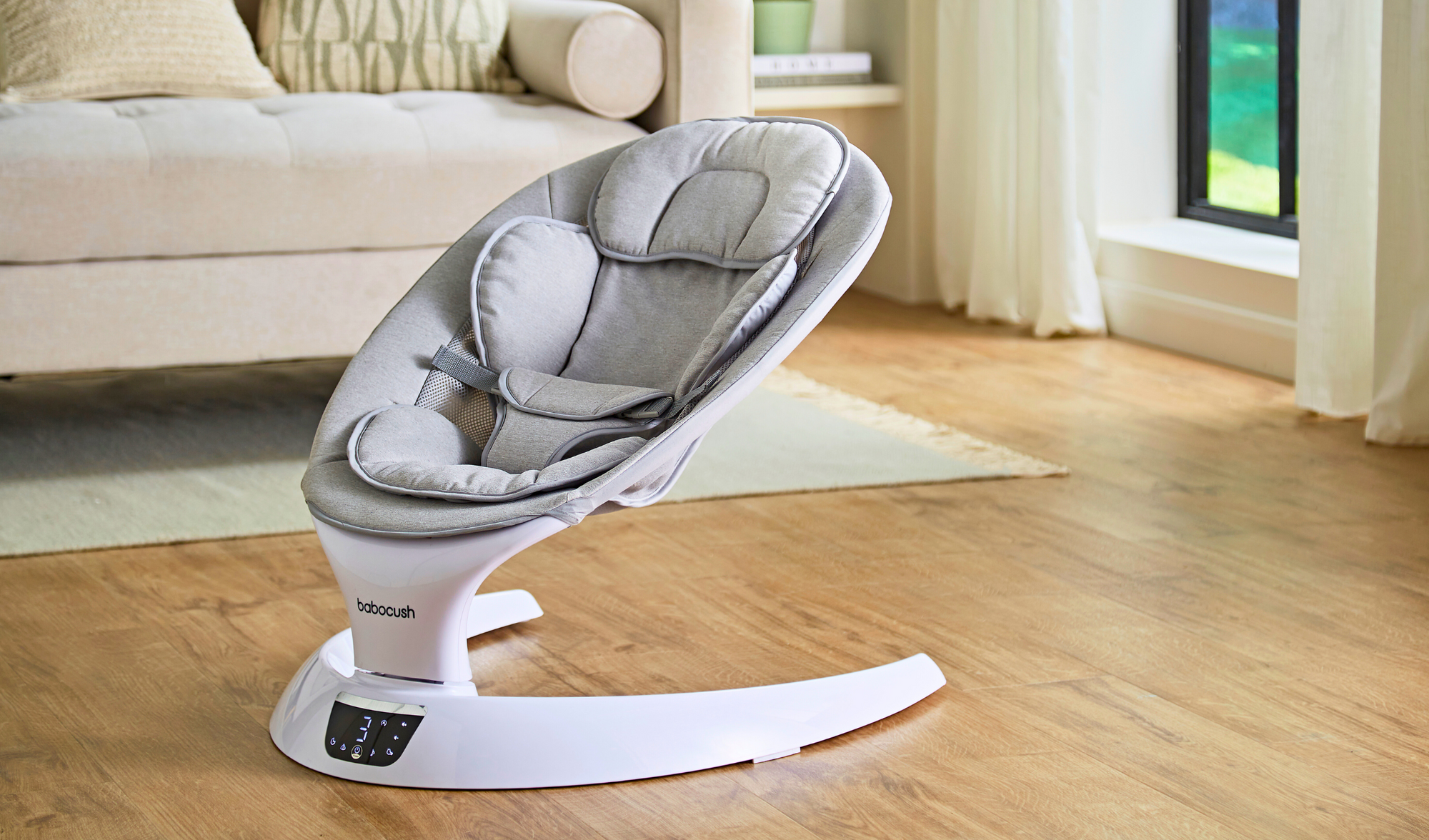Reflux in newborn babies is very common – after you feed them, it’s not unusual for a bit of milk to come back up (it’s also called spit up or ‘possetting’), and it’s a totally normal process where your baby just brings up a little bit of what they swallowed down their food pipe (oesophagus). Acid reflux is a more uncomfortable and more serious form of this, which can lead to vomiting and weight loss. Symptoms include:
- Vomiting regularly, especially after feeding
- A persistent cough or wheezing
- Refusal to eat or difficulty eating (your baby may gag when you feed them)
- Heartburn, gas, abdominal pain, or colicky behaviour
How Is Reflux Diagnosed?
Diagnosis of gastroesophageal reflux is made by taking a medical history and by carrying out a physical examination. Testing is not usually needed however some of the following tests may be carried out if your child doesn’t respond to treatment or if your doctor or nurse practitioner is concerned that something else may be going on.
Why does your baby suffer from it?
The muscles that separate your baby’s food pipe (oesophagus) and their stomach are still developing, which means their milk can come back up. This problem should go away by itself once your baby reaches around 4-6 months and their digestive system begins to mature. Reflux can be uncomfortable for babies as milk and acid can come back up together, which causes some discomfort. As baby’s tummies are so small, they often can’t hold much milk, so reflux is a natural reaction to this.
Coping with reflux
A little spit up is normal for a new baby, but in a small number of cases babies can have severe or persistent reflux, which leads to vomiting large amounts after feeding, causing your baby to be upset during feeding, arching their back, and not gaining weight.
For coping with reflux, parents are advised to keep a ready supply of clean clothes and washcloths and to cover fabric surfaces with a wipeable covering, which are all great practical solutions, but what about the emotional support? Your baby is obviously upset and you’re exhausted from constant feeding and changing and feeling frustrated that you can’t do more to help your baby.
While baby reflux can be distressing for both parent and baby, it’s quite common and usually ceases when your baby reaches around 18 months of age.
How can Babocush help relieve reflux and acid in babies?
One of the tried and tested ways to treat your baby’s reflux is to let them rest at an incline after feeding, which can help to reduce regurgitation. One of the great benefits about the Babocush Comort Cushion is that you can adjust the incline to ensure your baby is in the correct position to prevent acid reflux occurring. Because reflux can also lead to colic in babies, babocush offers benefits here too - our babocush products help prevent colic by holding your baby on their tummy, and have the extra comfort of a gentle vibration and heartbeat sound for added relaxation.
Related Blogs:


